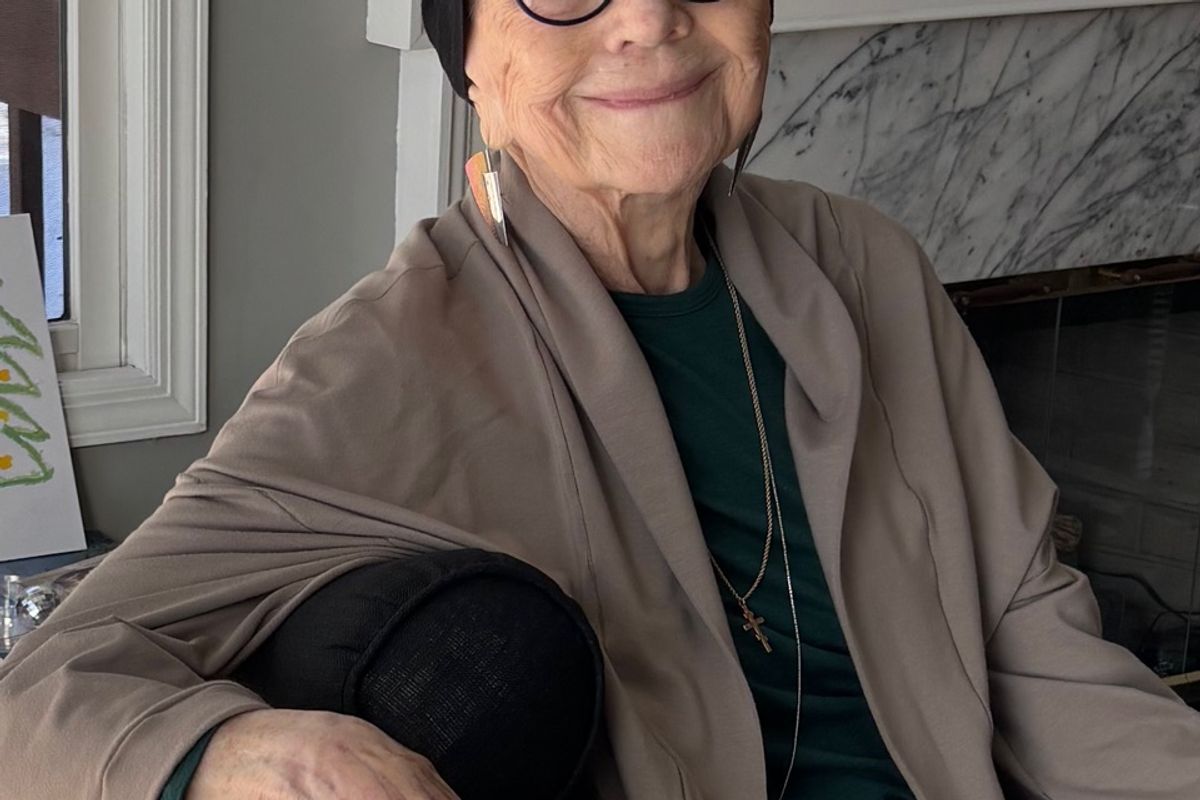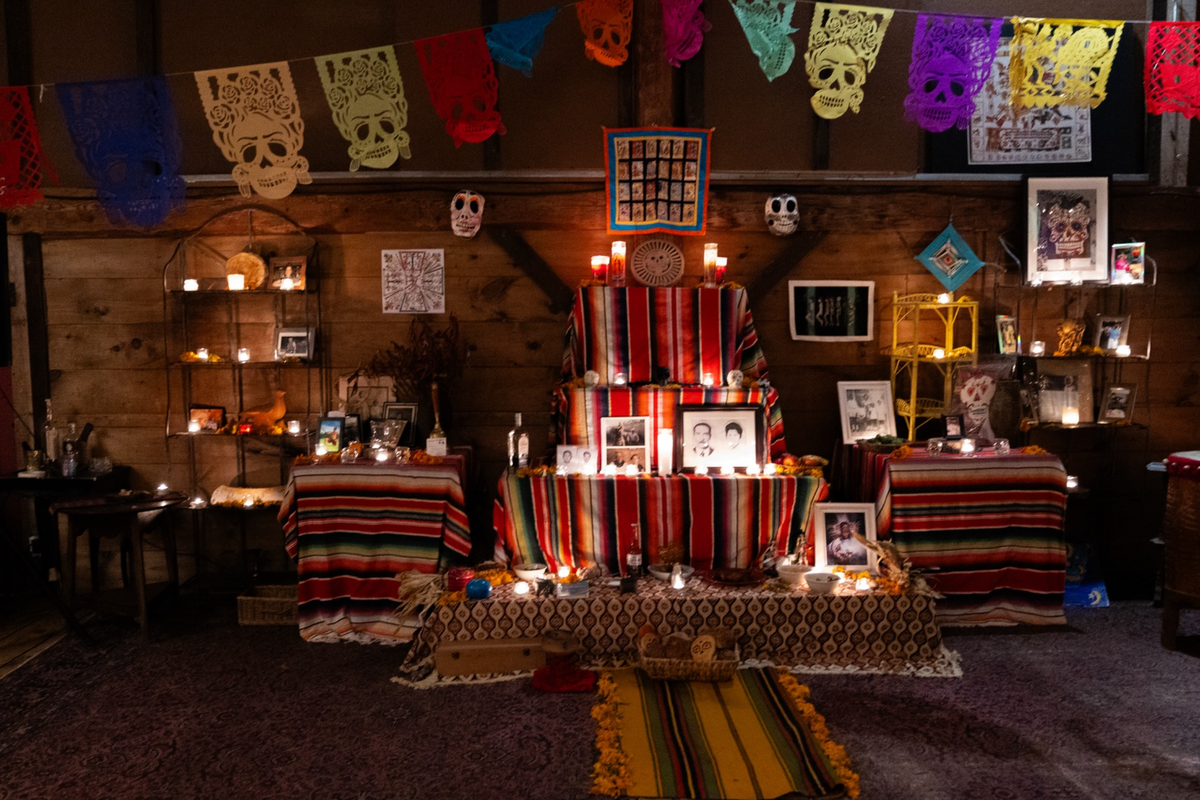Peeking at the Underbelly of the Mormon Church in ‘Under the Banner of Heaven’
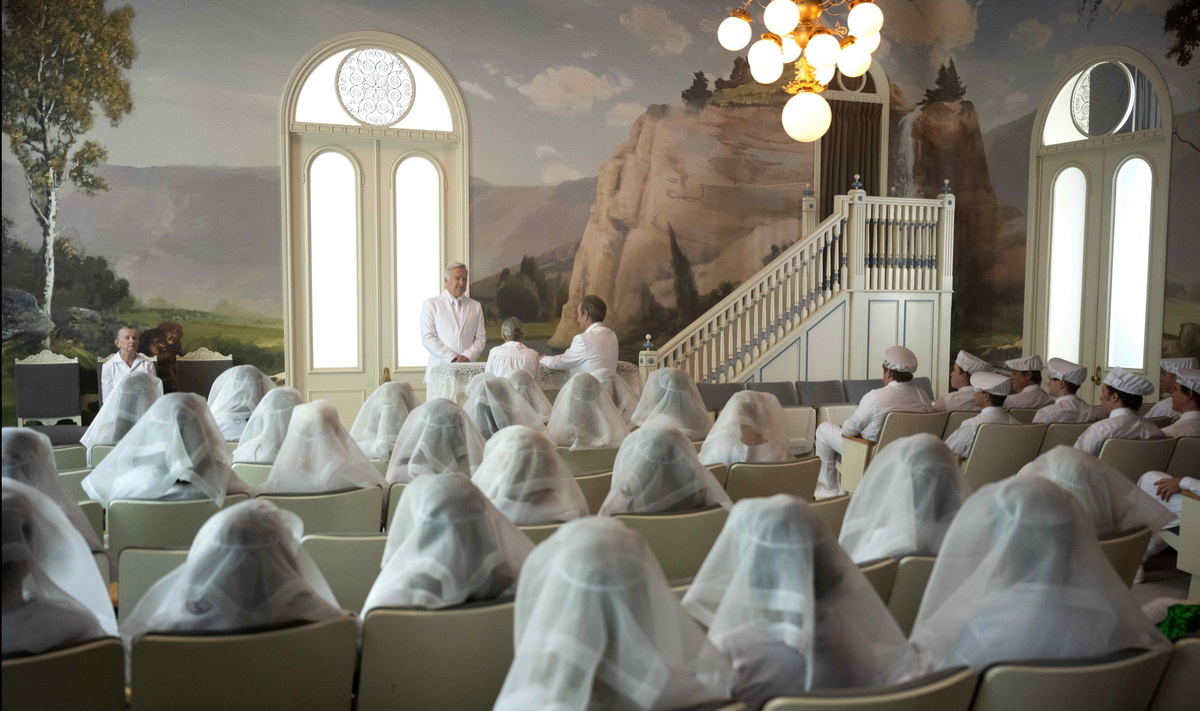
An adaptation of Jon Krakauer’s 2003 book, “Under the Banner of Heaven,” on Hulu, uses the murder of a woman and her daughter as a means to examine the Church of Jesus Christ of Latter-day Saints. Photo from IMDB
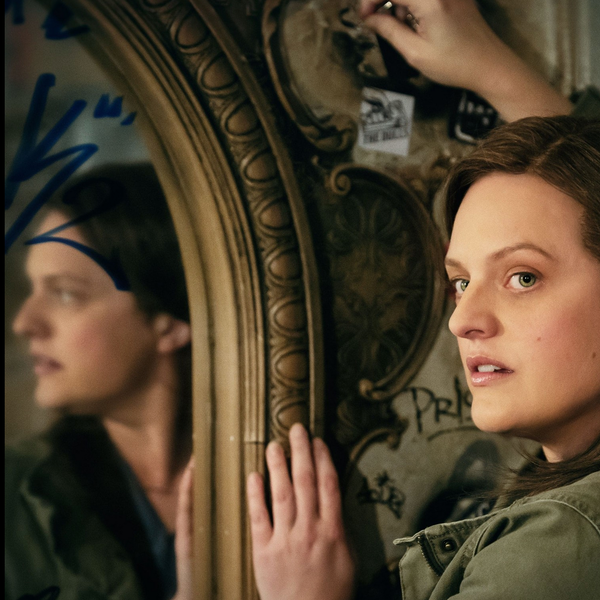

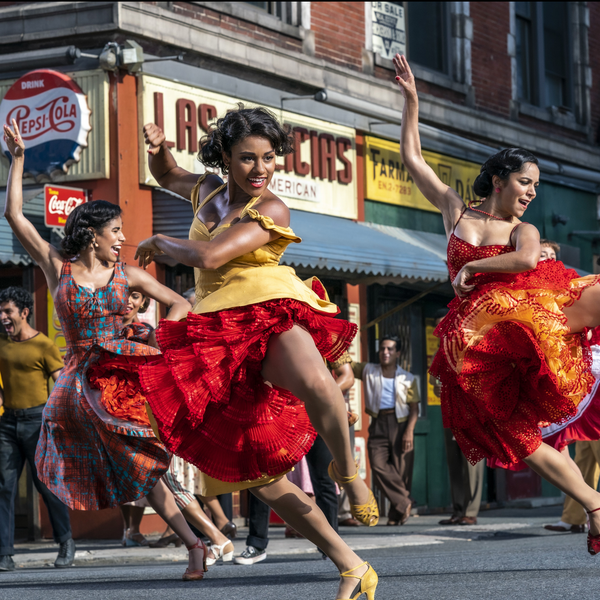
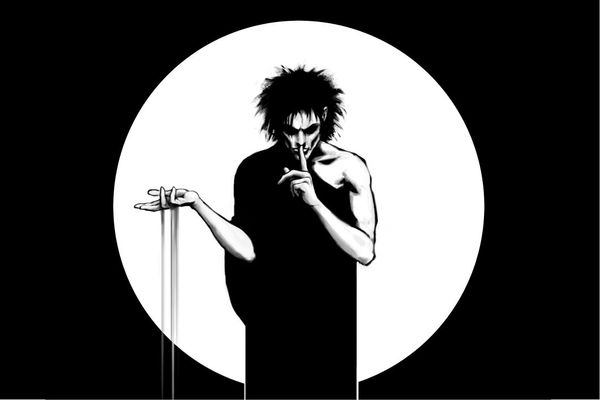
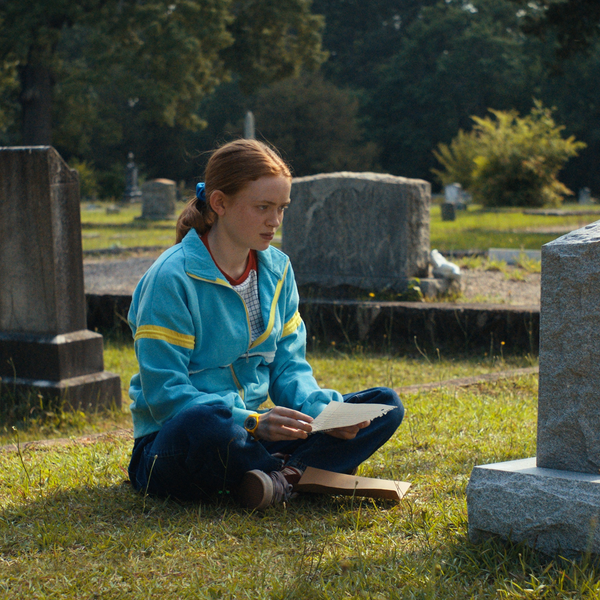

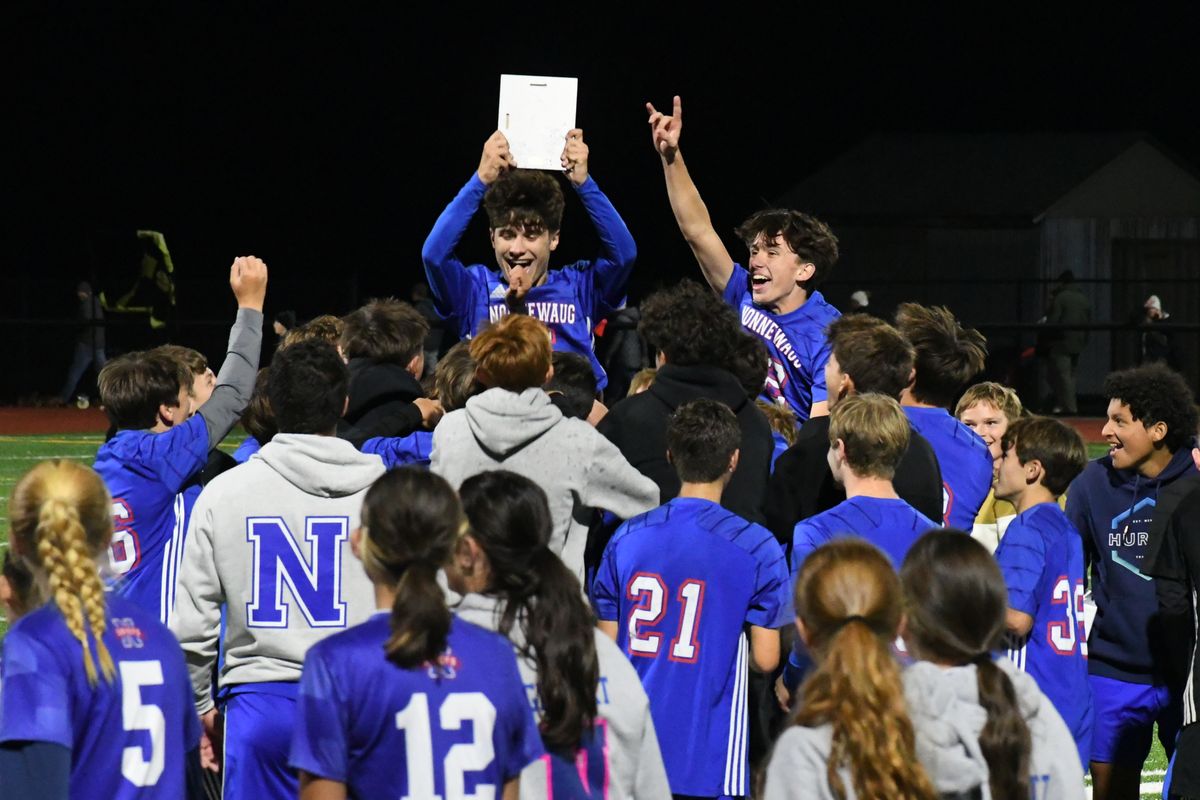
 The Nonnewaug girls team celebrates as victors in the Berkshire League tournament final Oct. 28.Photo by Riley Klein
The Nonnewaug girls team celebrates as victors in the Berkshire League tournament final Oct. 28.Photo by Riley Klein